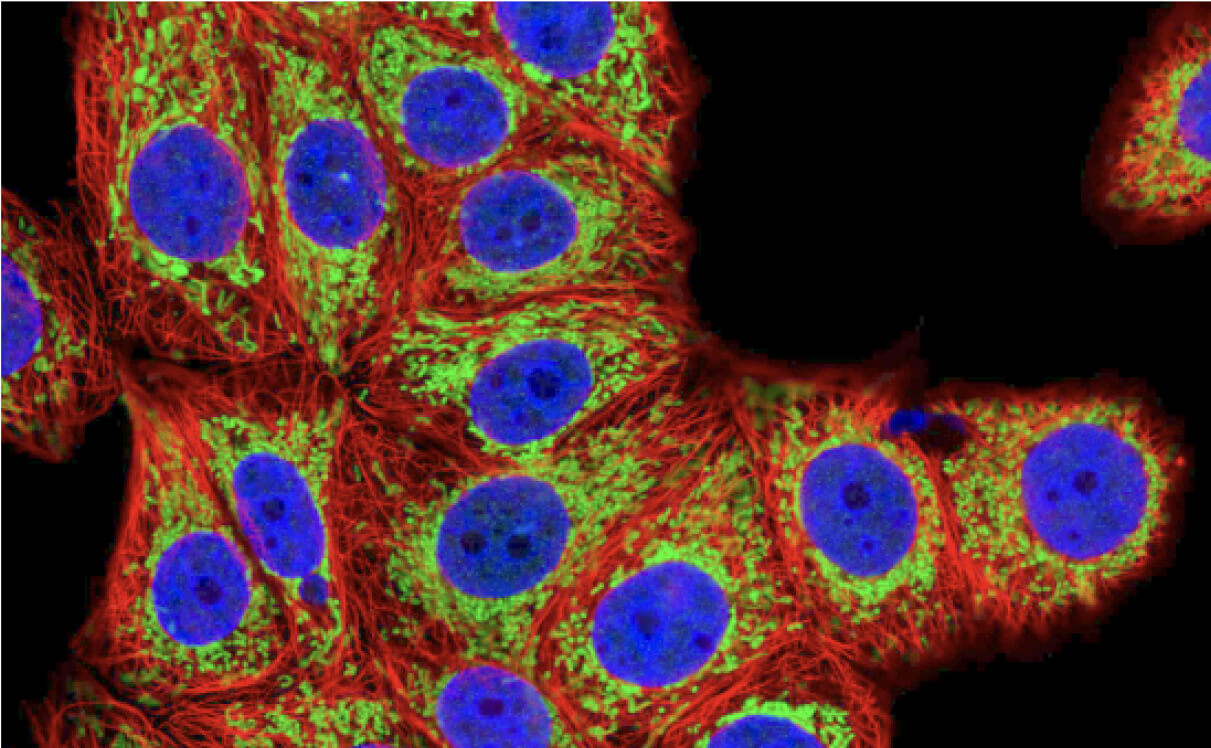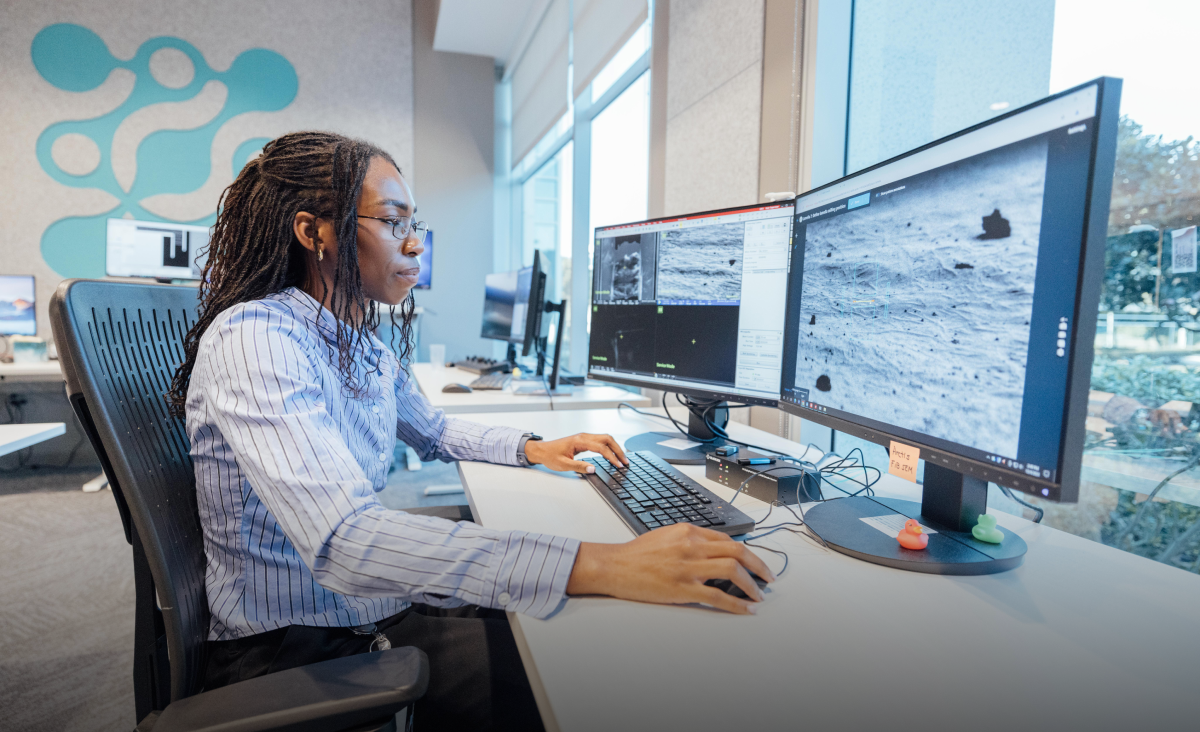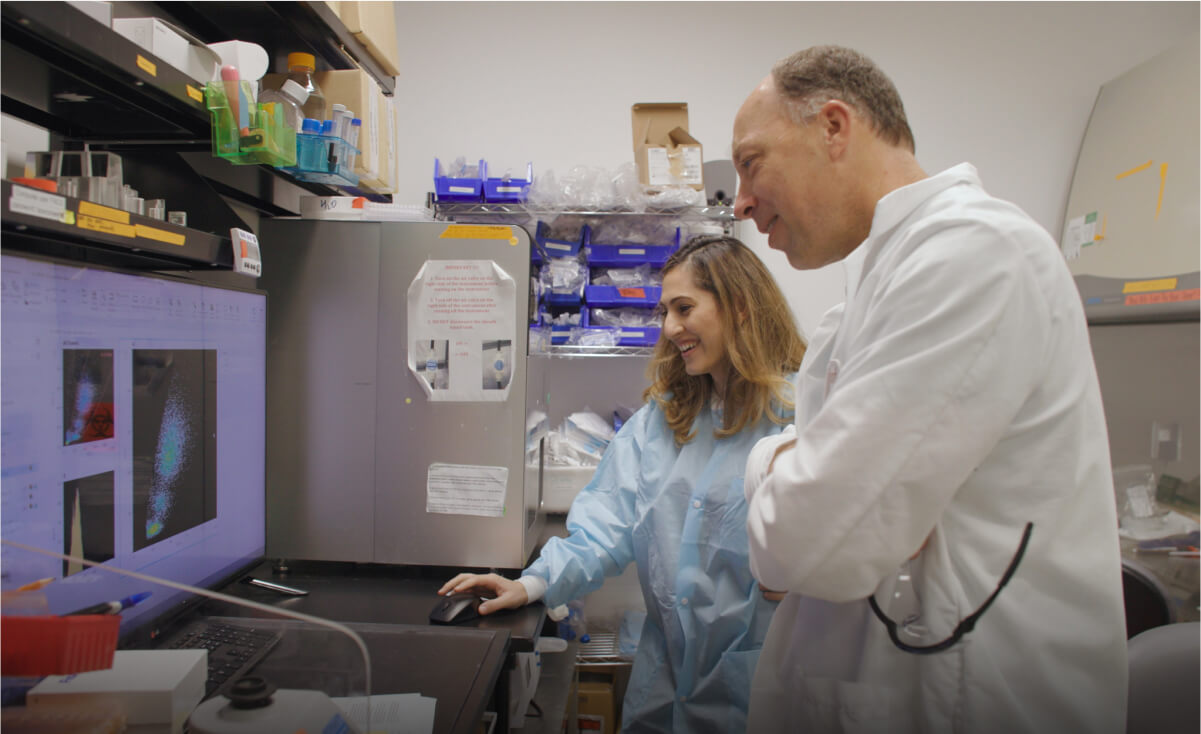Science Technology
Our science technology team accelerates the pace of biomedical research by building models, methods, tools, applications, and datasets for scientists. Our technology-driven approach helps researchers come to meaningful conclusions about human health and disease.

Virtual Cells
We’re leveraging AI to build virtual cells that are capable of predicting the behavior of healthy and diseased cells, which will have broad applications for biomedical research, disease diagnosis and therapeutic development. We believe this effort will deepen our understanding of human biology at a molecular level — bringing scientists closer to curing, preventing or managing all diseases by the end of this century.

Accelerating and Scaling Biological Sciences with AI
Learn more about our request for applications to build large-scale AI/ML models using CZI’s high-performance computing cluster to power new approaches to biological discovery.

Tools
Our team builds open source software tools to access, visualize and analyze biologically important sources of data and accelerate the pace of biomedical research. Scientists around the world rely on these technologies to make new discoveries about human health and disease.




